Curtain Call Memories Part 2: Life in a 1950s Theatre Family
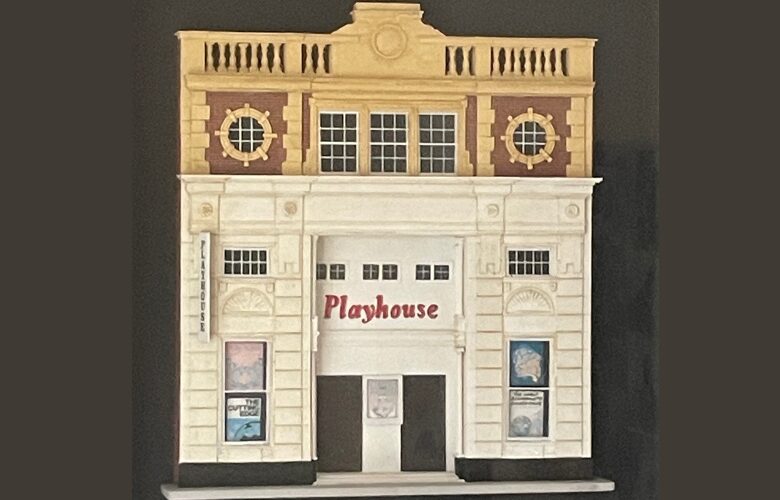
A love letter to a childhood in a world of theatre long gone. How growing up in a theatre family in the 1950s formed my life.
My grandfather started all this.
He was an émigré from Poland. Together with a business partner they bought and founded a theatre in Birmingham called the Alexandra. It’s still running today with touring productions. My dad was a theatre manager of the kind not really any longer existing. Not just running the business side of the theatre. He chose the plays, he cast the plays, he would stand Front of House every evening to greet the patrons. He made the theatre a part of the community.
My mum was an actress. No one else in her family had acted so I’m not sure where the drive came from. It was a fundamental need for her. She went to the Guildhall School of Drama, presumably in the 30s before war broke out. She was born I think in 1916. During the war she worked with ENSA the organisation for entertaining the troops. I don’t think it was a picnic for her because after the war she was worn out— and not in a good way. Dad always said he saved her from a nervous breakdown. She worked for his theatre company after the war and so our family was born.
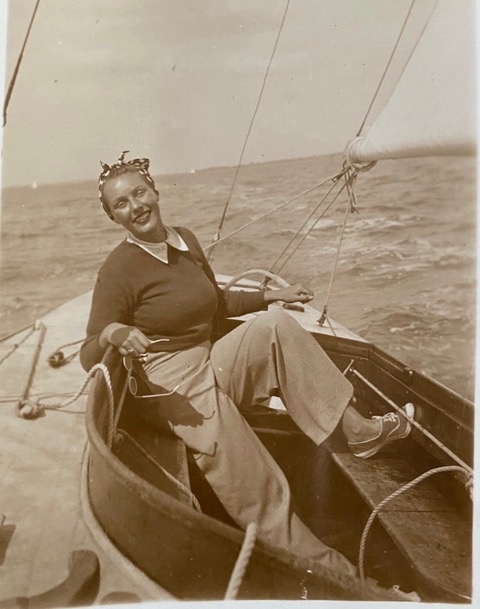
My uncle – dad’s brother – ran the Alexandra theatre taking over from my grandfather when he died unexpectedly young in his 50s from a heart attack.
These were two different strands of theatre. One more founded in Variety – the UK equivalent of Vaudeville – the other, repertory. A different play, review or musical every few weeks.
In the 50s it was weekly rep. Can you imagine? Now some plays rehearse for weeks. Then, it was rehearse in the morning, learn your lines in the afternoon, perform in that week’s production in the evening. Often the same set with a different coat of paint and the door on the opposite side from last week. Noises Off is based in reality.
Actors joined the repertory company and stayed for a season. September through to the following April or May. The company was a family. Actors learnt their craft. They had the opportunity to play numerous different roles in a season. From comedy to tragedy. Musicals to Beckett. My mum told me that when she started out in weekly rep she had to have her own clothes— one day wear, one evening wear. I assume they were added to with accessories to differentiate them. After a while she became a bit wearied of the inevitable love triangles, disagreements and cliques that developed in a group of people spending a lot of time together.
I entered this world of my family in December 1951.
My first real memory is of arriving in our car called Dibbie – registration DBY – I loved that car. I think it was probably a morris minor and I remember the smell of leather and how safe I felt in it with my mum. Not safe at all really with no seat belts.
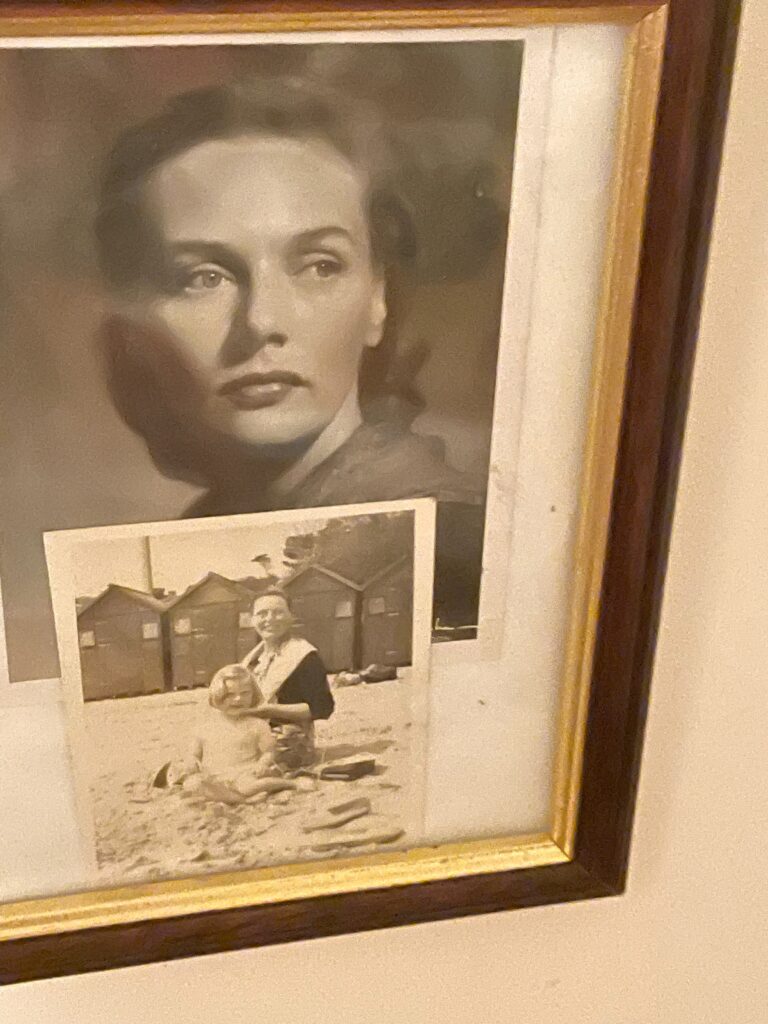
My dad had been given the job of running the theatre there. Appointed I suppose by a board of directors.
God I loved that theatre. It still lives in me, representing the feeling I have of entering a world of stories from a place of safety.
It was a converted chapel. 499 seats. 500 would have meant having to install a fire curtain. There were concrete steps up to the door which pulled or pushed open. A small foyer from which you either walked ahead into the stalls or up a flight of stairs into the circle. A box office with a little window through which to buy or collect seats.
At the back of the stalls was ‘the Box’. Up to 4 people could step up inside and have a dead-central view of the stage. When it wasn’t booked that was where I would sit. Red tabs with ‘tab warmers’ the lights on the curtains that gave one a sense of anticipation but also slightly showbiz. A tiny orchestra pit for musicals or pantomime. The lighting board was a grand master raised up in the stage right wing. A series of big wheels and handles. To get a blackout was quite complicated with the amount of these to be manhandled into position – and noisy.
There was a corridor at the back of the stage to cross from left to right, but it meant going past the boiler room and often crunching coke or coal under foot in the process. Several small, shared dressing rooms and a green room with a kettle and a sink.
There was a two room cottage attached to the theatre along the lane at the side which acted as offices. I was always slightly in awe of my dad and would sometimes stand at the bottom of the stairs for a little while before plucking up the courage to go up and make myself visible in case I was disturbing some important work.
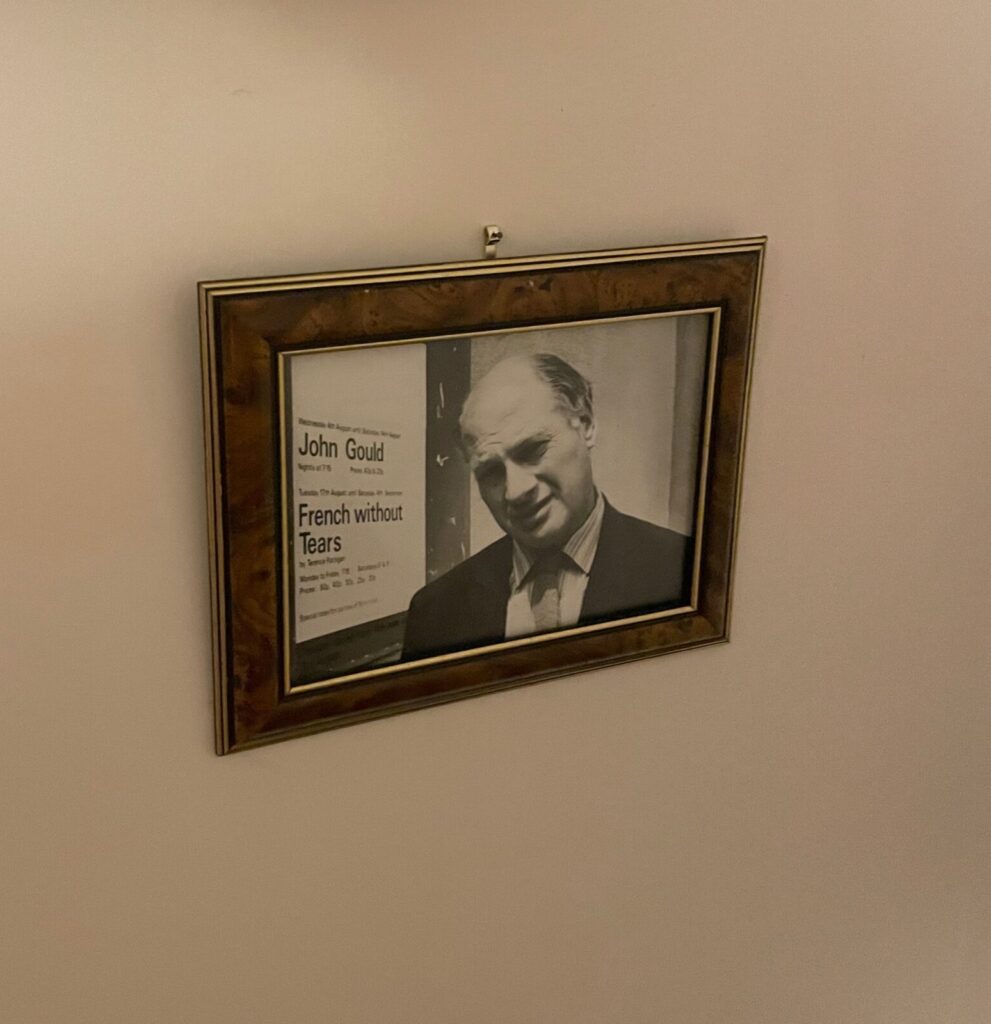
On the circle level was a coffee bar with two raised daises either end. My big treat was going in for coffee with my mum while the company had a morning break. I was thrilled by their energy and they seemed so exciting to me. I could not wait to be part of that world. There really was no question for me. Every season there was a mixture of shows. Mostly designed to get audiences in – Agatha Christie, Ben Travers, Musical Revues, and occasionally a play everyone involved actually wanted to do would be dropped in – Chekhov, Beckett, Brecht.
My mum occasionally acted and directed plays. I think she was really frustrated not to be able to do more. I remember a conversation I had with her in my early 20s when I said I thought she had a nice life living in Salisbury and occasionally working – the arrogance of youth. Now I completely get it. She needed to work. It defined her. This was the 50s and 60s. The woman stayed at home.
What I loved
The houselights going down – I still do. The slight hush between this and the first actor appearing – I still do. The immersion into the story. Now we’re on an island and shipwrecked. OK… Now we are magically in the Kings Chamber. OK, I’m with you. Now we’re fighting at Agincourt with 3 actors and some not very convincing swords. I didn’t care. I was in. I still am.
Brilliant actors were part of the company who went on to make great careers. Timothy West, Prunella Scales, Leonard Rossiter, Stephanie Cole. The gift this childhood gave me wasn’t entirely clear to me until I grew older. Now in the later part of my life it has given me the even greater gift of bringing storytelling into the lives of others to help them see other versions and make more courageous choices.
The theatre was demolished in the 70s when funds had been raised for a new Playhouse.
For me it is ever alive.
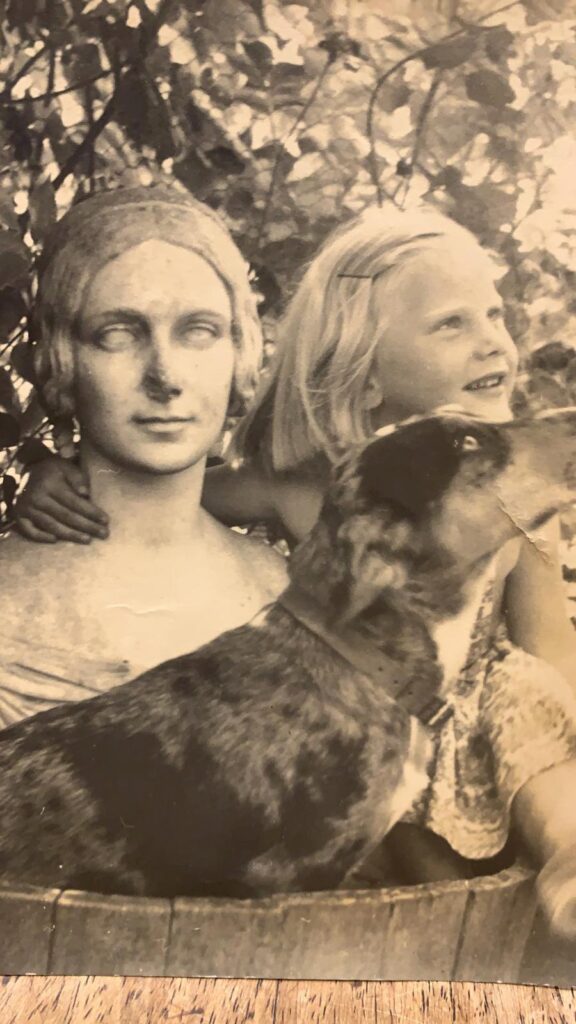
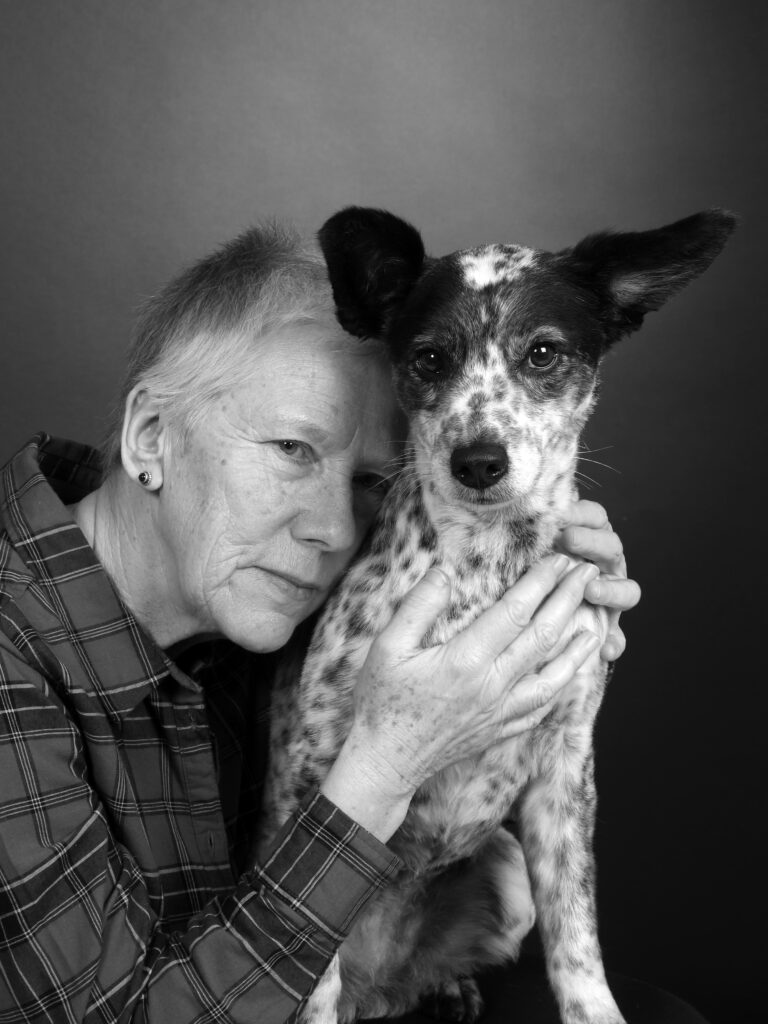
Read more from Kate here.
Read Reggie Salber’s obituary here.
All photos provided by Kate Salberg
Editor's Note: At StageLync, an international platform for the performing arts, we celebrate the diversity of our writers' backgrounds. We recognize and support their choice to use either American or British English in their articles, respecting their individual preferences and origins. This policy allows us to embrace a wide range of linguistic expressions, enriching our content and reflecting the global nature of our community.
🎧 Join us on the StageLync Podcast for inspiring stories from the world of performing arts! Tune in to hear from the creative minds who bring magic to life, both onstage and behind the scenes. 🎙️ 👉 Listen now!
